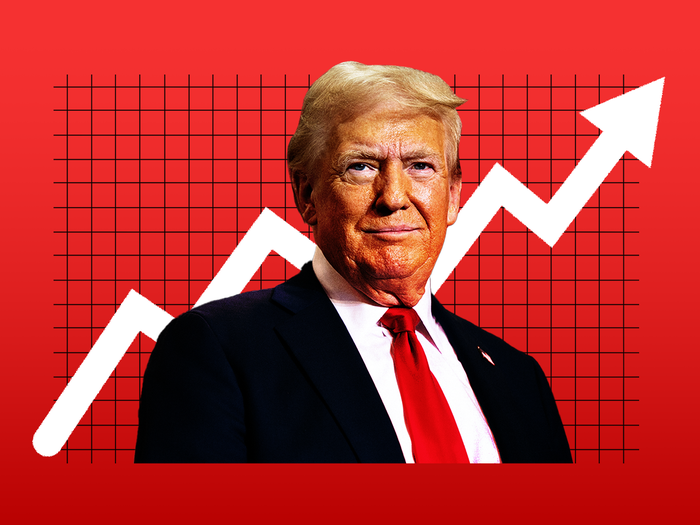In response to the newly announced tariffs set to take effect on June 1st, American companies across various sectors are preparing to raise prices. The measures include a 50% tariff on goods imported from the European Union and a 25% duty on smartphones manufactured outside the United States.
Major retailers are adjusting their strategies accordingly. Some, like Walmart, have stated they will be forced to pass on the increased costs to consumers, warning that the financial burden of absorbing such tariffs is unsustainable. Price increases are expected across a wide range of consumer goods, including toys, groceries, electronics, and household items.
Home Depot, however, indicated it may avoid price hikes for now, using its higher profit margins to absorb the added costs. Still, analysts warn that even companies with strong financial cushions may only hold out temporarily before raising prices.
On the manufacturing side, companies like Apple are assessing the potential impact of the 25% tariff on smartphones. While some production has already shifted to countries like India, experts say relocating the bulk of manufacturing to the U.S. would cost tens of billions of dollars and take several years to complete.
Economists caution that these tariffs could worsen inflationary pressures, especially in sectors that have already seen significant price increases. The full economic impact will likely become more evident once current inventories are depleted and businesses begin importing goods under the new tariff regime.
As companies prepare for these changes, consumers are being advised to expect higher prices at the checkout counter, a shift that may ripple across the entire economy in the months ahead.





Discussion about this post